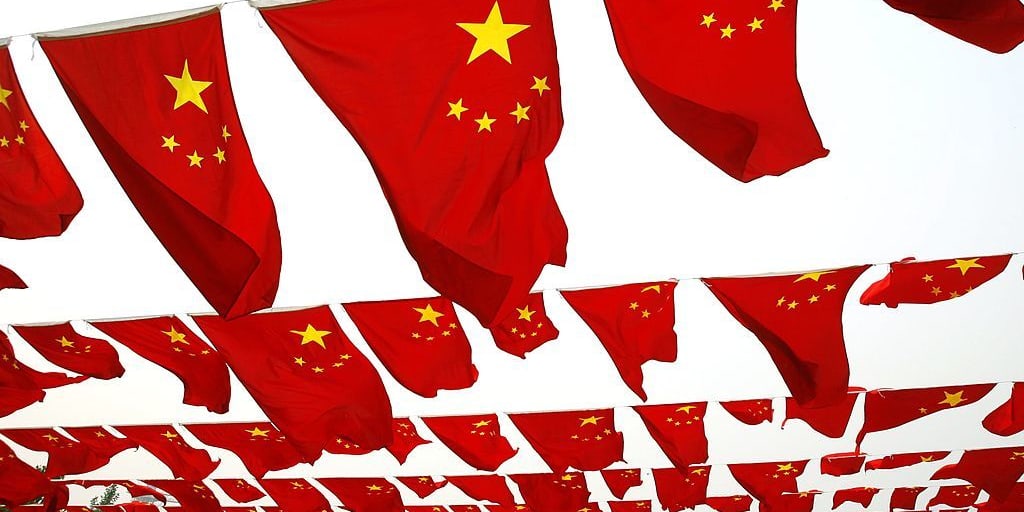Economic data out of China showed consumer prices are falling from a year ago. It’s a bad sign as the world’s second-biggest economy tries to revive itself after the Covid-19 slump.
The news wasn’t enough to push down stocks much on Thursday. The Shanghai Composite finished little changed. Hong Kong’s Hang Seng fell 0.3%—though shares of big retailers such as
Alibaba
(ticker: BABA) and
JD.com
(JD) fell more than that.
The new month of negative inflation—the consumer price index dropped 0.2% from a year earlier in October—isn’t quite deflation, though some might call it that as a shorthand. Economists usually define deflation as a prolonged period of consumer prices and asset values, which is widely damaging.
Deflation is “a very pernicious situation” that “leads to a sharp slowdown in economic activity,” said ING analyst Robert Carnell. “What China has right now is a low rate of underlying inflation, which reflects the fact that domestic demand is fairly weak.”
The fear is that China could fall into a repeat of Japan’s experience of deflation for decades starting in the 1990s. But given China’s size—it has 1.4 billion people—and the amount of catch-up it still has to do to match wealth levels of advanced economies, that seems unlikely.
A dip in food prices, particularly a 30% annual drop in the cost of pork, was the main driver pushing down inflation last month. It’s the second negative reading since July, and prices stagnated in June and September.
The data on prices come shortly after separate figures showing exports fell in October and manufacturing unexpectedly contracted. The country is working through a massive property slump and sluggish recovery since pandemic restrictions were lifted a year ago.
The government has introduced piecemeal stimulus to get the economy on its feet again, but it doesn’t want too much for fear of overheating asset prices again. Despite the setbacks, the target of 5% growth this year is likely to be reached, the central bank governor said this week.
Write to Brian Swint at brian.swint@barrons.com
Read the full article here











Leave a Reply